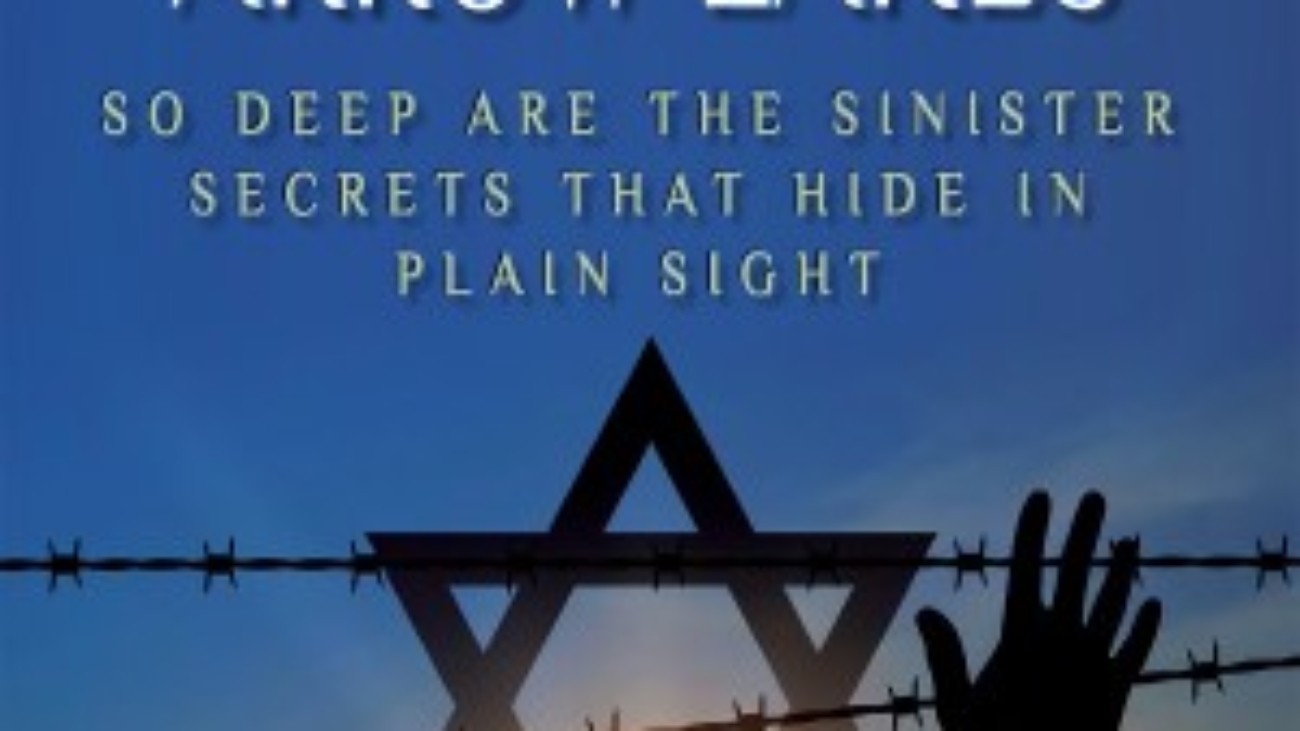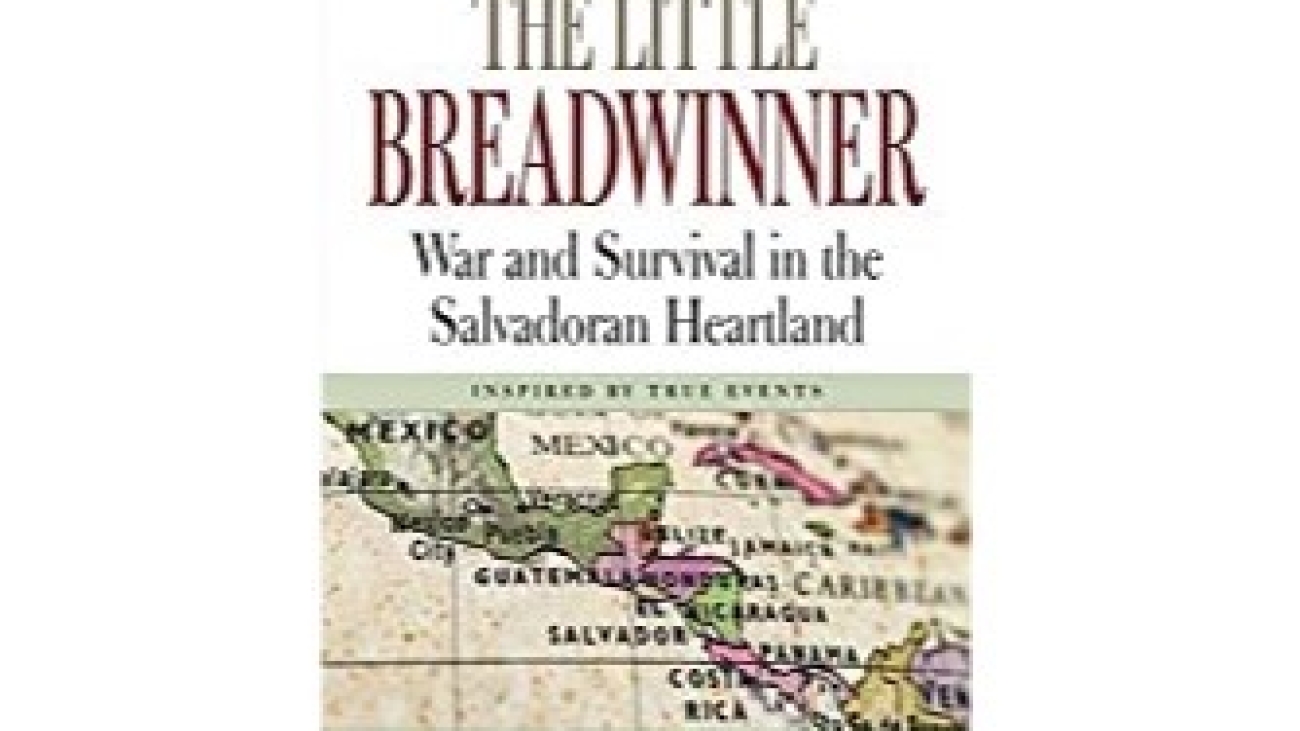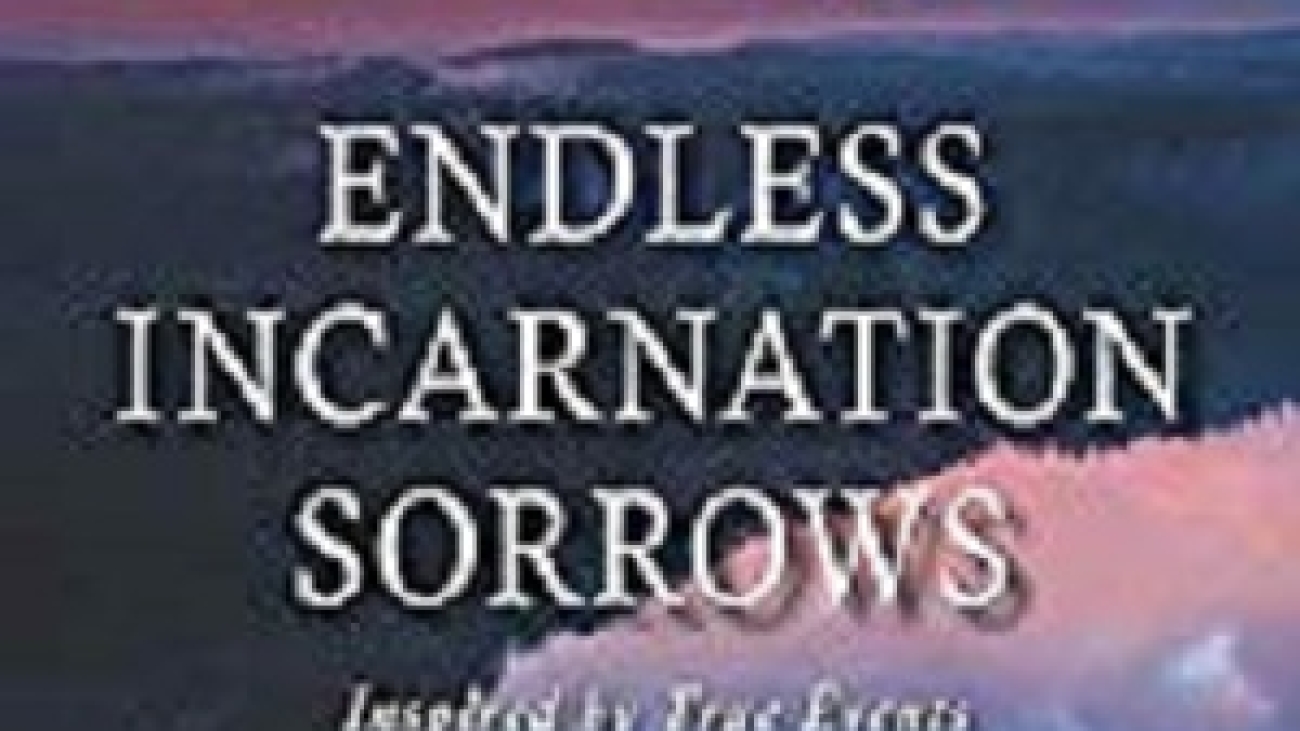Book Reviewed by Timea Barabas
Hidden Behind the Mist of Arrow Lakes is the result of an in-depth and extensive historical investigation by Lucia Mann. This is a deeply personal writing by a daughter of a Holocaust survivor. In this book, the author presents her own perspective on the history of the Holocaust and the branches that pierce through our present. Mann fearlessly shines a bright light onto uncomfortable dark corners of the human psyche. Purchase Here.
While deeply rooted in historical analysis, the book is written in an accessible way, which is not an easy accomplishment given the topic. The vivid scenes create a sturdy bridge into the past, which allows readers to engage with history in a way that feels remarkably immediate.
Structured into four parts, Hidden Behind the Mist of Arrow Lakes follows multiple narratives that weave together seamlessly, creating a disturbing tapestry of stories that span across generations. From the fall of the Romanovs to harrowing accounts of World War II atrocities, this book is a captivating exploration of the threads of history that shaped our world.
Lucia Mann’s latest book was prompted by the revelation that the region of Arrow Lakes (which is close to her home in British Columbia) also became home to former SS officers and sympathizers who escaped persecution by entering Canada using fake identities. Mann offers an invaluable account of the social and psychological impact of Holocaust survivors (and their descendants) being faced with the living ghosts of their abusers.
The author starts and ultimately concludes her narrative by revealing what (and especially who) lies hidden behind the mist of Arrow Lakes. This creates a comforting circular storytelling arc. However, since this section of the book offers the most unique and intriguing storyline, it leaves a sense of longing for a more detailed account of how war criminals found a new home in a remote Canadian region and the intersectionality of the communities ’life with this hidden history.
For those familiar with Lucia Mann’s previous works, her unmistakable voice shines through once again. The reader-friendly prose sprinkled with the author’s personal reflections opens a window into her thought process and emotional journey. This vulnerability reveals her inner strength and emanates authenticity.
Hidden Behind the Mist of Arrow Lakes prompts a discussion about the long shadow of the Holocaust that stretches across generations. Lucia Mann’s words sound a powerful call to action, urging individuals, organizations, and nations to address the unresolved threads left in the wake of the profound historical tragedy.


